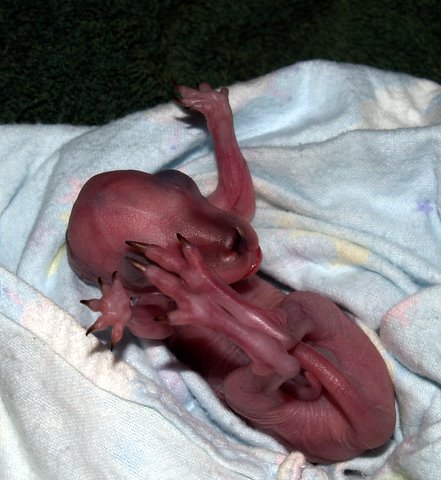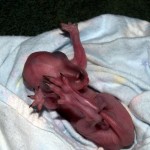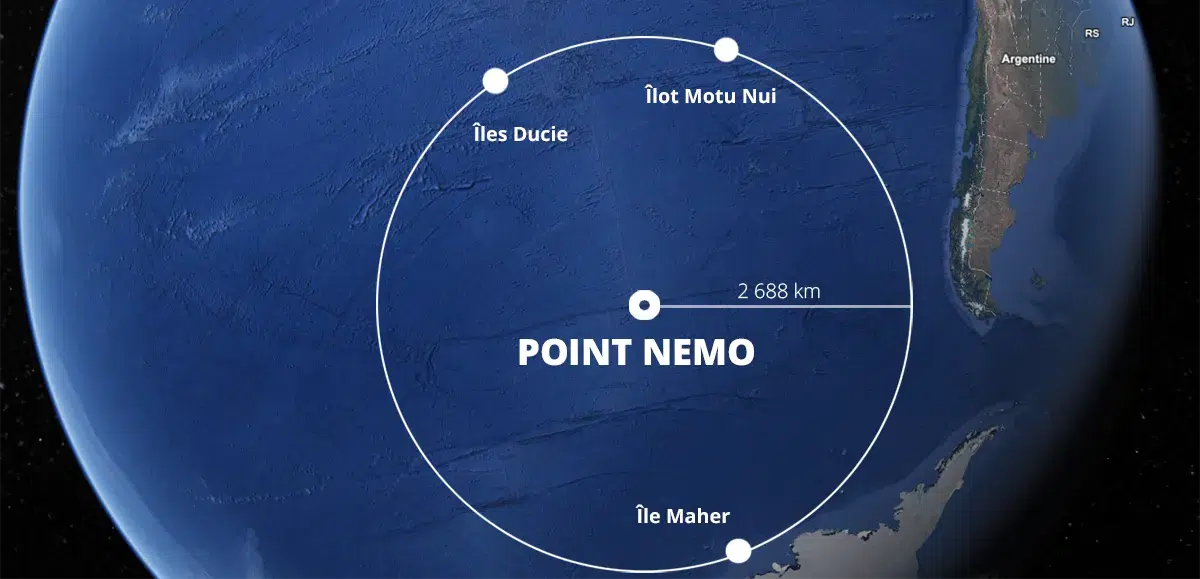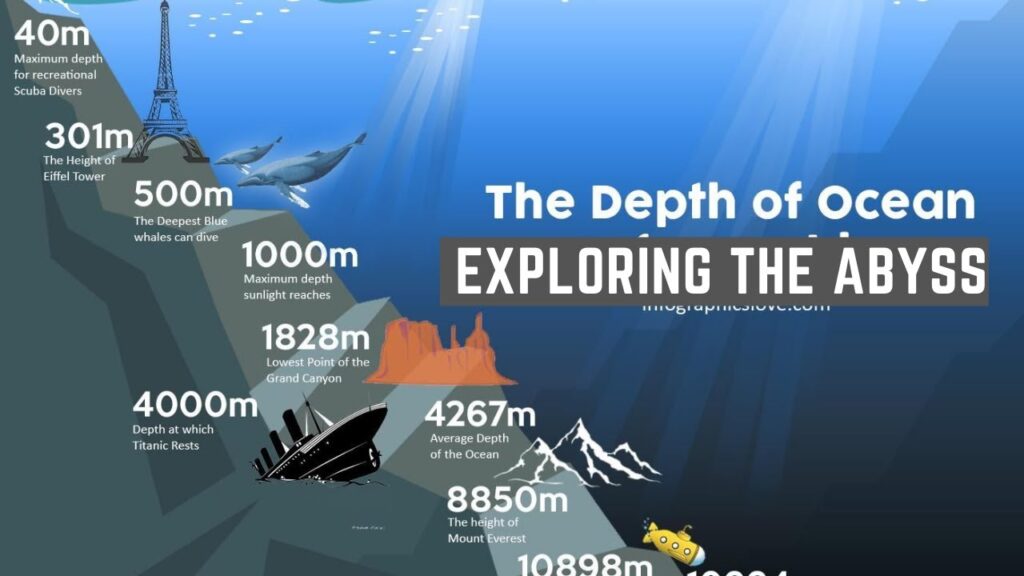Scientists at Liverpool’s John Moore University have successfully cloned a dinosaur, a spokesman from the university said yesterday. The dinosaur, a baby Apatosaurus nicknamed “Spot,” is currently being incubated at the University’s College of Veterinary Medicine. The scientists extracted DNA from preserved Apatosaurus fossils, which were on display at the university’s museum of natural science. Once the DNA was harvested, scientists injected it into a fertile ostrich womb.

Scientists at Liverpool’s John Moore University have successfully cloned a dinosaur, a spokesman from the university said yesterday. The dinosaur, a baby Apatosaurus nicknamed “Spot,” is currently being incubated at the University’s College of Veterinary Medicine. The scientists extracted DNA from preserved Apatosaurus fossils, which were on display at the university’s museum of natural science. Once the DNA was harvested, scientists injected it into a fertile ostrich womb. “Ostriches share a lot of genetic traits with dinosaurs,” said Dr. Gerrard Jones, a biology professor at LJMU and the project’s leading scientist. “Their eggshell microstructures are almost identical to those of the Apatosaurus. That’s why the cloning worked so perfectly.” Those in the scientific community say the dinosaur cloning – the first ever of its kind – is a milestone for genetic engineering. “I used to think this kind of thing could only happen in the movies,” said Dr. Gemma Sheridan, a LJMU chemistry professor. “But we’re making it happen right here in our lab. It’s astounding.” The cloning attracted the attention of a wide variety of animal rights activists and religious groups. They claim that animal cloning is unethical and immoral. PETA President Craig Farmer criticized the scientists for performing potentially life threatening threats on a new species. “These scientists brought an animal from the Jurassic age back to life – just to watch it suffer!” he said. But Dr. Sheridan doesn’t seem to be bothered by the activists’ quibbling. She says that the opportunities afforded by dinosaur cloning are endless. Within ten years, we could repopulate the world with dinosaurs,” she said. As of press time, the dinosaur is in stable condition. Scientists plan to run more tests on him today. ADVERTISEMENT Trending Articles and Offers








 Photographer Finds Locations Of 1960s Postcards To See How They Look Today, And The Difference Is Unbelievable
Photographer Finds Locations Of 1960s Postcards To See How They Look Today, And The Difference Is Unbelievable  Hij zet 3 IKEA kastjes tegen elkaar aan en maakt dit voor zijn vrouw…Wat een gaaf resultaat!!
Hij zet 3 IKEA kastjes tegen elkaar aan en maakt dit voor zijn vrouw…Wat een gaaf resultaat!!  Scientists Discover 512-Year-Old Shark, Which Would Be The Oldest Living Vertebrate On The Planet
Scientists Discover 512-Year-Old Shark, Which Would Be The Oldest Living Vertebrate On The Planet  Hus til salg er kun 22 kvadratmeter – men vent til du ser det indvendigt
Hus til salg er kun 22 kvadratmeter – men vent til du ser det indvendigt  Superknepet – så blir snuskiga ugnsformen som ny igen!
Superknepet – så blir snuskiga ugnsformen som ny igen!  Meteorite That Recently Fell in Somalia Turns Out to Contain Two Minerals Never Before Seen on Earth
Meteorite That Recently Fell in Somalia Turns Out to Contain Two Minerals Never Before Seen on Earth  Nearly Frozen Waves Captured On Camera By Nantucket Photographer
Nearly Frozen Waves Captured On Camera By Nantucket Photographer  It’s Official: Astronomers Have Discovered another Earth
It’s Official: Astronomers Have Discovered another Earth 